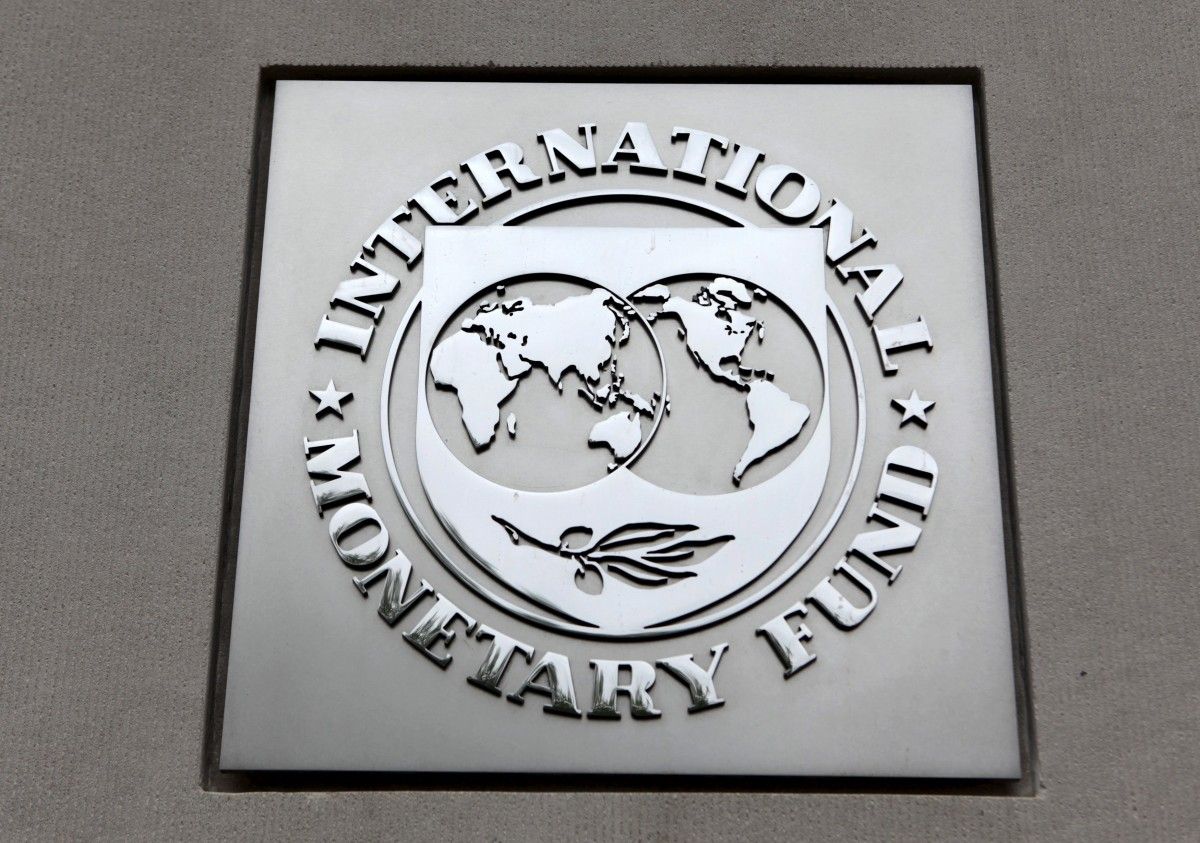
"The outcome of the U.K. vote, which surprised global financial markets, implies the materialization of an important downside risk for the world economy. As a result, the global outlook for 2016-17 has worsened, despite the better-than-expected performance in early 2016. This deterioration reflects the expected macroeconomic consequences of a sizable increase in uncertainty, including on the political front," the IMF said in its bulletin.
The global growth forecasts for 2016 and 2017 were both marked down by 0.1 percentage points relative to the April 2016 WEO, to 3.1% and 3.4%, respectively. The outlook worsens for advanced economies (down by 0.1 percentage points in 2016 and 0.2 percentage points in 2017) while it remains broadly unchanged for emerging market and developing economies, the IMF said in its bulletin.
In the United States, first-quarter growth was weaker than expected, triggering a downward revision of 0.2 percentage points to the 2016 growth forecast.
In the euro area, growth was higher than expected at 2.2% in the first quarter, reflecting strong domestic demand— including some rebound in investment. While high-frequency indicators point to some moderation ahead, the growth outlook would have been revised up slightly relative to April for both 2016 and 2017 were it not for the fallout from the U.K. referendum, according to the IMF.
China's growth outlook is broadly unchanged relative to April (with a slight upward revision for 2016). However, should growth in the European Union be affected significantly, the adverse effect on China could be material, the IMF said.
Read alsoReuters: U.S. financial monitor says Brexit's effects could be felt for yearsAmong advanced economies, the United Kingdom experienced the largest downward revision in forecasted growth, according to the IMF.
"While growth in the first part of 2016 appears to have been slightly stronger than expected in April, the increase in uncertainty following the referendum is projected to significantly weaken domestic demand relative to previous forecasts, with growth revised down by about 0.2 percentage points for 2016 and by close to 1 percentage point in 2017," the bulletin read.
The IMF says "this uncertainty is projected to take a toll on confidence and investment, including through its repercussions on financial conditions and market sentiment more generally."
The United Kingdom and the European Union have a key role to play in helping to reduce uncertainty, the IMF noted.
"Of primary importance is a smooth and predictable transition to a new set of post-exit trading and financial relationships that as much as possible preserves gains from trade between the United Kingdom and the European Union," the bulletin read.
The IMF says "negotiations between the United Kingdom and the European Union do not proceed smoothly and trade arrangements eventually revert to WTO rules. A larger portion of U.K.financial services is assumed to relocate to the euro area. This would reduce consumption and investment more markedly relative to the baseline and lead to a recession in the United Kingdom."
"The real effects of Brexit will play out gradually over time, adding elements of economic and political uncertainty that could be resolved only after many months," IMF chief economist Maurice Obstfeld was quoted by Bloomberg as saying.
The IMF says other risks have become more salient. The Brexit shock occurs amid unresolved legacy issues in the European banking system, in particular in Italian and Portuguese banks. Continued reliance on credit as a growth driver is heightening the risk of an eventual disruptive adjustment in China.
Risks of noneconomic origin also remain salient, according to the IMF. Political divisions within advanced economies may hamper efforts to tackle longstanding structural challenges and the refugee problem, and a shift toward protectionist policies is a distinct threat, the Fund said.
Read alsoSurvey: Europeans fear refugees raise terror threat – DW
Geopolitical tensions, domestic armed strife, and terrorism are also taking a heavy toll on the outlook in several economies, especially in the Middle East, with further cross-border ramifications.

